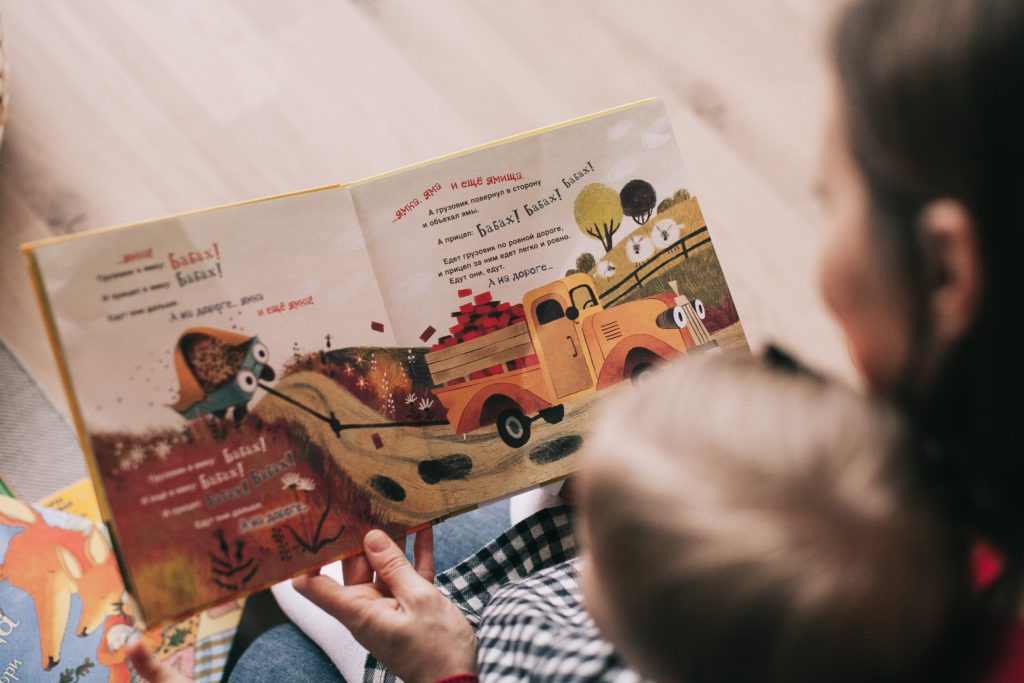If you have small children and you stay at home and/or work from home, it’s not always easy to know what to do with your kids. Sometimes, the days are so packed full of tasks, chores, and errands that there’s no time for anything else. And some days, when your child is bored and your creativity is short, you don’t really know how to keep your child occupied.
Use these tips successfully schedule your preschooler’s day at home.
Create a Routine
Children do well when they know what’s coming next. Putting a routine in place will help your child cooperate with the tasks of your day.
If you’re a go-with-the-flow kind of person, that’s okay. You don’t need to have a routine that’s planned to the minute. Make your routine as structured or non-structured as you need. But there should be some basic markers that you meet around the same time each day.
Start with meals and naps because these happen at roughly the same time each day. Then, build your structure from there.
Plug in chores, reading time, outside time, errands, play dates, outings, and more into time slots that make sense for your lifestyle.
If you don’t want to use specific time slots, think instead in sequences: After breakfast, we clean up and head outside. Before nap, we read two books. Doing the same basic things in similar orders each day ensures you’ll accomplish more of what you need to do, while allowing your child to feel secure in knowing what to expect.
Read
Small children need to be read to every day. If your life is busy, this can be hard to fit into your day.
One way to make sure you read often enough is to do it at the same time every day. Maybe you read a book before nap time or bed time. Maybe you read immediately after cleaning up breakfast dishes. Maybe you read out loud while your child takes a bath. Whenever it is, sticking to the same time each day will help both you and your child come to expect the activity.
{8 Ways to Help Your Preschooler Fall in Love with Reading}
Chores
Is there anything harder than staying on top of chores when you’re at home with small children?
While you’ll want to do some chores on your own because it’s simply easier that way, try and involve your child in some chores every day. You have to get the dishes cleaned up, after all. Instead of letting your preschooler scamper off, have her help you load the dishwasher.
Have your child wipe the baseboards as you sweep, put toys away before you vacuum, set the table while you make dinner, sweep the porch while you weed. Keep in mind that your child won’t do a perfect job, and sometimes won’t even do a passable job. Sometimes, you’ll have to help. And that’s all okay. Keep encouraging your child to learn new skills and take ownership of chores. He’ll get better and better as time goes one.
Play
Children learn best through play, so make sure there’s plenty of time in your day for your child to play. You can play with your child, but you don’t need to entertain your child 24/7. Independent play is also an important skill your child should develop. Plus, it gives you a break!
Tips to make independent play a success:
- Don’t expect your child to spend hours playing independently. Sometimes, even a few minutes is difficult in the beginning. Be patient, and build length gradually.
- Do another task near where your child is playing. You don’t have to be right by your child, but being close enough helps your child feel safe and comfortable. Eventually, your child may want to play alone in a separate room.
- Provide simple toys.
- Keep toys and materials within reach and easy to find.
Get Outside
Plan for some outside time each day. This could be as simple as taking a walk around the neighborhood or running out into the backyard.
Or you could go on an outing to a park, on a hike, to a nature center, or somewhere else away from your home.
{Why Your Preschooler Desperately Needs Time Outdoors — and What to Do Once You’re There}
Errands
If you can manage your errands with your kids, incorporate those into your day. Errands are actually good for children because they learn patience, see how people interact within our society, learn to follow directions, and more. That being said, not every errand is going to be successful. Try to be aware of your child’s limits, and schedule your errands for the times of day when your child will be well rested, well fed, and more likely to be agreeable.
And there’s no shame in putting off some errands until there’s someone else available to take care of your kids!
Outings
Along with getting outside each day, going on special outings is good for both children and parents. The zoo, museums, the library, playgrounds, and more offer chances for both you and your child to bond over learning and experiencing new things. Plus, they’re a lot of fun!
Be Flexible
Things will fall apart some days. That’s just a fact of life. Don’t put too much pressure on yourself to create perfectly structured days every single day. If your child is melting down at the park, it’s okay to go home and relax. If you feel overwhelmed with your to-do list, it’s okay to throw it out for a while and come back to it later.
A basic structure will help keep you moving forward, but flexibility is key in reducing stress.



